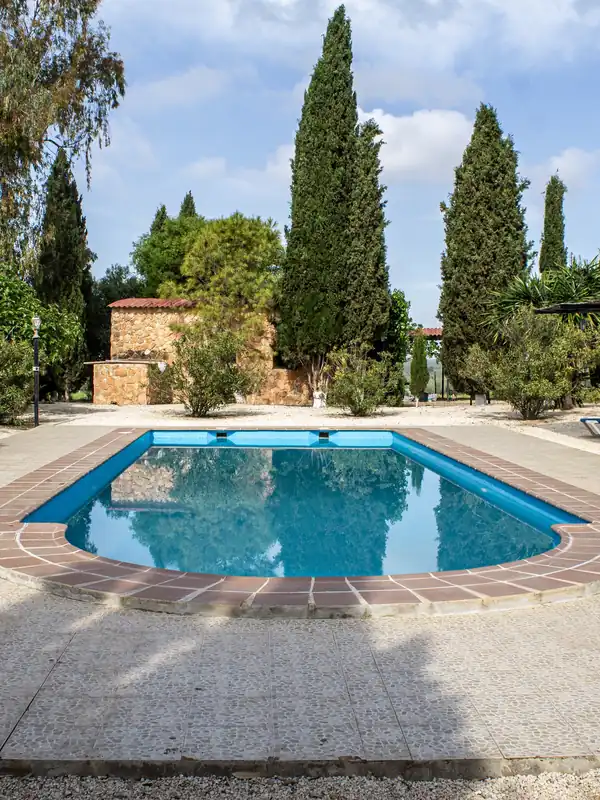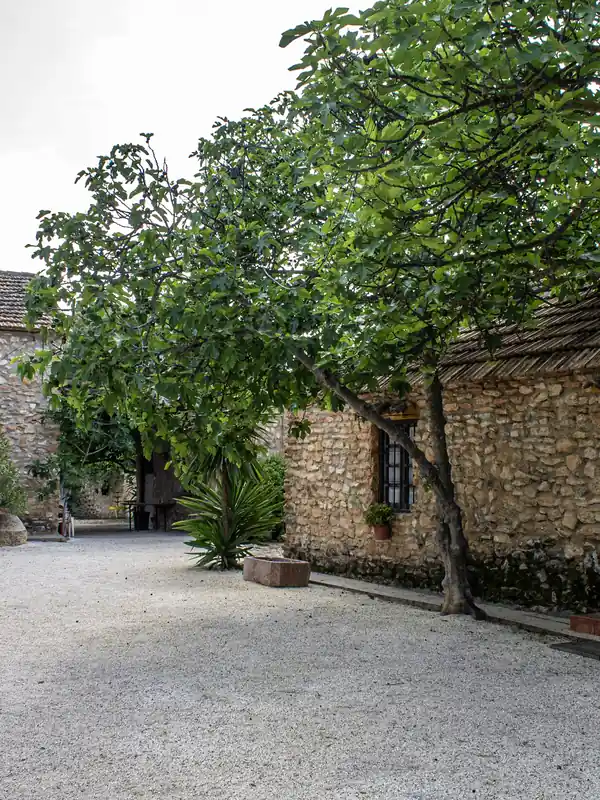Drug and Alcohol Rehab in Auckland, NZ
May 15, 2025
Auckland faces rising alcohol-related harms, with 16% of adults engaging in hazardous drinking as well as drug addiction problems. Drug and alcohol rehabilitation in Auckland offers evidence-bas...
Wellington is the capital of New Zealand, and there are those who will struggle with addiction, and there are drug and alcohol rehabs in Wellington that can help them. If you’re in this position, or know someone who is, then recovery is possible.
Because of the need for treatment in and near the capital, there are several rehab programmes that residents can turn to. These programmes include:


Residential treatment is a programme wherein a person voluntarily checks themselves into a treatment centre. In this form of care, they receive 24/7 support and monitoring. Patients in this type of care will participate in various treatments to overcome addiction.
Outpatient treatment is a more flexible form of treatment. In this programme, patients will go to individual and group counselling sessions during the day, but they’ll return to their homes when those treatment sessions conclude.

Detox is the first part of addiction treatment. It’s focused on clearing drugs or alcohol from the patient’s body. However, this can result in withdrawal symptoms as a person adjusts to the absence of illicit substances. These symptoms can range from uncomfortable to potentially life-threatening.
Not everyone who goes to rehab does so for addiction support. Some people go to rehab to receive specialized care for mental health symptoms. Mental health rehab offers a range of therapies designed to help individuals healthily manage their symptoms and enhance their quality of life.
Some individuals experience both addiction and co-occurring mental health challenges simultaneously, as each condition can contribute to and worsen the other. This means that a person will have to seek treatment for both. Dual diagnosis is designed to address both issues simultaneously.
Holistic therapies are aimed at healing the whole person and not just their symptoms. They’re often used alongside evidence-based therapies and can be vital in treating both addiction and mental health disorders. These therapies can be instrumental in helping patients develop vital life skills.
Various modalities can be used in treating substance abuse and mental health issues. Cognitive behavioural therapy can be used to help patients identify and change the thoughts that contribute to their issues. Dialectical behaviour therapy can be used to help patients manage strong emotions without resorting to unhealthy behaviours.

The cost of rehab in New Zealand can be difficult to determine as different centres will charge different fees based on the scope of their treatment and how luxurious they are. Private luxury facilities can charge around $17,000 or more for 30 days of inpatient treatment.
Drug or alcohol addiction is not just a problem in the capital city but across New Zealand as a whole. Across the country, there are about 720,000 adults who have a drinking problem, according to the 2023/24 New Zealand Health Survey. That same survey also reported that 1 in 12 adults had six or more beverages on a single occasion weekly.
4.8% of respondents also indicated using ecstasy or MDMA at one point that year, which is up from 3.6% in 2018 to 2019. 2.4% of adults reported using cocaine during that same period, which is up from 1.5% in 2018 to 2019. Furthermore, 3.1% of adults reported using hallucinogens.

Because there is a need for treatment in the city, there are some drug and alcohol rehab centres in Wellington. These treatment facilities include:
Located 40 minutes outside the city, this centre uses the ‘therapeutic whānau,’ which includes low patient numbers in residential and non-clinical settings. Their website features all the information needed to get to their facility.
They offer alcohol and other drug services to communities throughout Aotearoa.
Salmond House 57 Vivian Street, Te Aro, Wellington 6011, NZ

In addition to the rehabs in Wellington, there are also other treatment options that can help residents with substance use disorder. These include:
AA is a worldwide fellowship made of and for people who struggle with alcohol use. They pioneered the 12-step model, and their services are free of charge.
126 Vivian Street, Te Aro, Wellington 6011, New Zealand
NA is a similar fellowship to AA. The primary difference is that instead of alcohol rehabilitation, their efforts are aimed at helping people overcome drug use.
4 Normanby Street Newtown, Wellington, New Zealand
Private rehab treatment is often the best option for people with substance use and mental health concerns. One reason is that a private facility will have greater resources and fewer patients.
Staff members at private rehabs will also handle fewer patients, so they won’t have to spread themselves thin. Overcoming addiction will often require greater support than what free resources can provide.

While there are drug and alcohol rehabs in Wellington, there are still various benefits to coming to Malaga, Spain, to seek treatment. Some of the benefits of coming to us include:
A luxury rehab centre can be quite expensive. However, in Spain, we can offer luxury accommodations and world-class treatment at a cost-effective rate. This can make us a better value proposition, even after the cost of airfare.
Another reason to come to us is that the distance between New Zealand and Spain can keep you away from the circumstances in your life that may contribute to substance use. This way, you can focus on your treatment programme.
Our English-speaking team is made up of experienced professionals. The treatment that they offer is backed by more than 30 years of combined clinical experience. This means that you can rest easy knowing that you’re getting the best care possible.
Our facility is located in the mountains of Malaga and is surrounded by nature. This serene environment can help you relax, which can make you more receptive to recovery. The isolation can also keep you from being distracted by the outside world.
Another benefit of coming to Malaga is Malaga itself. The region has roughly 300 days of sunshine annually and has a subtropical climate. This can be incredibly relaxing and help make you more receptive to your treatment.
Addiction is not something to be ashamed of, but there may be people in your community who will make you feel that way. By coming to us, you can seek confidential alcohol and drug rehabilitation without worrying that these people will judge you.
The first thing that a person can expect in rehab is a comprehensive evaluation. This will help a treatment team determine how to best help someone meet their recovery goals. Many facilities will also have amenities, as patients will not spend the entirety of their time in rehab receiving treatment. The treatment in rehab will consist of group therapy and individual counselling, as well as holistic therapies like equine therapy.


What happens after rehab is that a person continues to focus on their recovery from alcohol or drug addiction while rebuilding their life. A person may join a support group and find a therapist so they can continue getting treatment while they live their lives. They may not return to their lives all at once. They may slowly reintegrate into their communities by going home, as transitioning too quickly may be overwhelming and could trigger a relapse
There is quite a bit of distance between New Zealand and Spain, so there’s only one way to travel between the two countries, which is by flight.
Flying: To fly to Malaga, start at Wellington International Airport. From there, a flight can take between 35 to 41 hours depending on the number of stops in between.
To make your journey as smooth as possible, we offer a complimentary pick-up service from Malaga Airport. Our team will be there to greet you upon arrival and ensure a comfortable transfer directly to our rehab facility, located just an hour away.
Addiction involves the loss of control. People who struggle with it have almost no ability to resist their compulsions. But it doesn’t have to be that way. At Sierra Recovery, we want to empower you to develop the skills you need so you can take control of your life and leave addiction behind.
It varies from person to person, but treatment typically lasts between 14 to 90 days with the option to extend based on your needs and resources.
There are medications such as Disulfram that may be prescribed to make drinking alcohol physically unappealing.
It starts with intake and assessment, moves on towards detox, then therapy and counselling, and finally, aftercare and continued support.
In theory, it is possible. But withdrawal symptoms may make quitting on your own unsafe, so it’s best to find a treatment programme.
Yes, with a determined effort, an addict can change their behaviour.
Cognitive behavioural therapy can be effective for addiction and can be even more potent when combined with medication.
Auckland faces rising alcohol-related harms, with 16% of adults engaging in hazardous drinking as well as drug addiction problems. Drug and alcohol rehabilitation in Auckland offers evidence-bas...
With rising addiction concerns across Southeast Asia, drug and alcohol rehab in Bali has become an essential service for those seeking a supportive environment. Addiction can affect every part o...
Christchurch is the largest city in the South Island of New Zealand. It's home to beautiful landscapes and nature. If you're looking for a drug and alcohol rehab in Christchurch, many resources ...